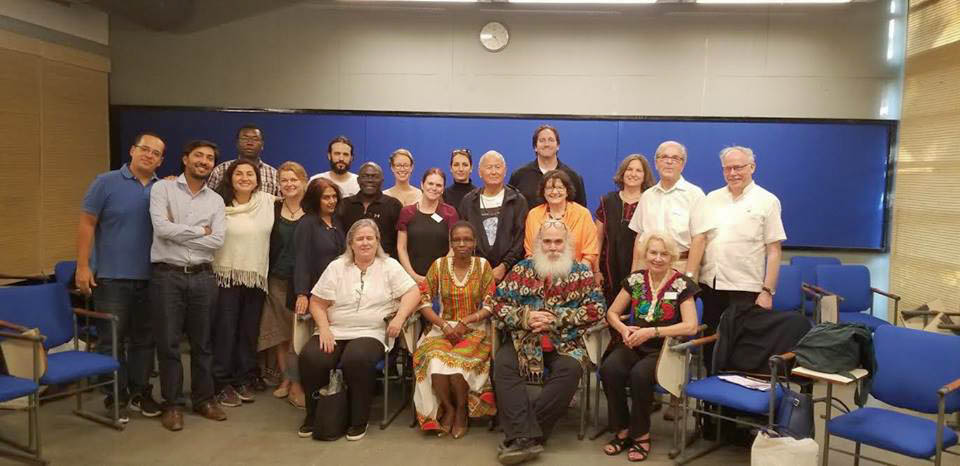KSU professors spoke at a “Post-Election Discussion” Tuesday, Nov. 15.
The discussion, held by the Political Science Club, came following Republican nominee Donald Trump’s win in the highly controversial presidential race Nov. 4. Professors spoke on voter turnout, as well as the future of economic policy, foreign policy, and the Supreme Court.
On Trump’s win, Dr. Kerwin Swint, professor of political science, began by noting that political parties are unlikely to win three presidential elections consecutively. Both major party nominees had nearly a 60 percent disapproval rate but Trump’s distinct qualities played a major role in his surprising win.
“Love him or hate him, we simply have never seen a presidential candidate like this in the last 200+ years in this country,” Swint said. “He has never held public office; he has never held any kind of government function before. So in a sense, he was able to run as an outsider.”
Dr. April Johnson, professor of political science, spoke on voter turnout and some of the misconceptions that were widely spread throughout the media. In specific, most media outlets do not differentiate between voting age and voting eligibility when analyzing voter turnout polls.
Dr. Stephen Collins, professor of political science, evaluated Trump’s expected foreign policy.
“Donald Trump on foreign policy has contradicted himself several times in the same sentence,” Collins said.
Collins compared Trump’s policy to that of the Jacksonian position, a stance that former President Andrew Jackson had. Jacksonian’s believe a strong military is essential and should only be used to benefit the country as well as protect from direct threats. Trump will take a departure from the last eight years and Collins expects that Trump:
- Is less likely to want to start war
- Will create a positive connection between the United States and Russia
- Will attempt to create balance in America’s trade relations through negotiations with NAFTA
Trump’s intentions with the Supreme Court are unclear, according to Dr. Kenneth White, professor of criminal justice and political science.
“The honest answer is I don’t [know], Trump has not shown himself reliable in terms of his statements,” White said.
Professor Michael Patrono evaluated what can be expected from Trump’s economic plans:
- Going back to Reagan’s idea on tax rates
- Generally reducing government regulation
- Removing restrictions on fossil fuels
- Repeal/ replacing Obamacare
- Reducing federal spending by one percent for the next ten years
Following the discussion, the panel took questions from students who were mostly concerned on the economic plans of Trump. Students were also urged to stay attentive to future announcements from Trump who is set to be sworn into presidency in January.


